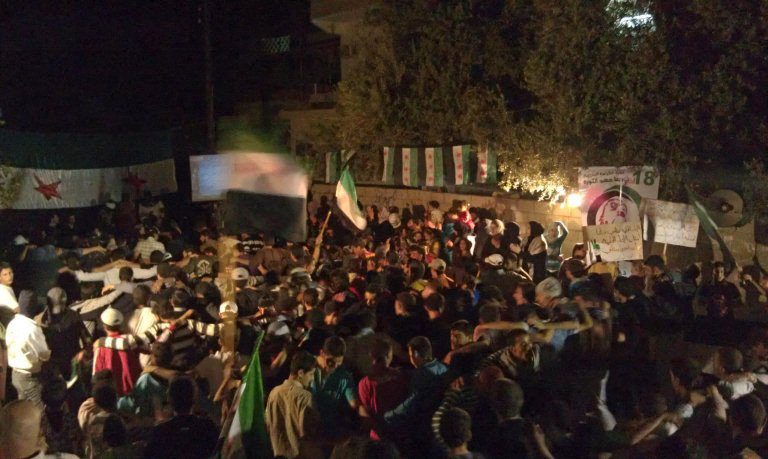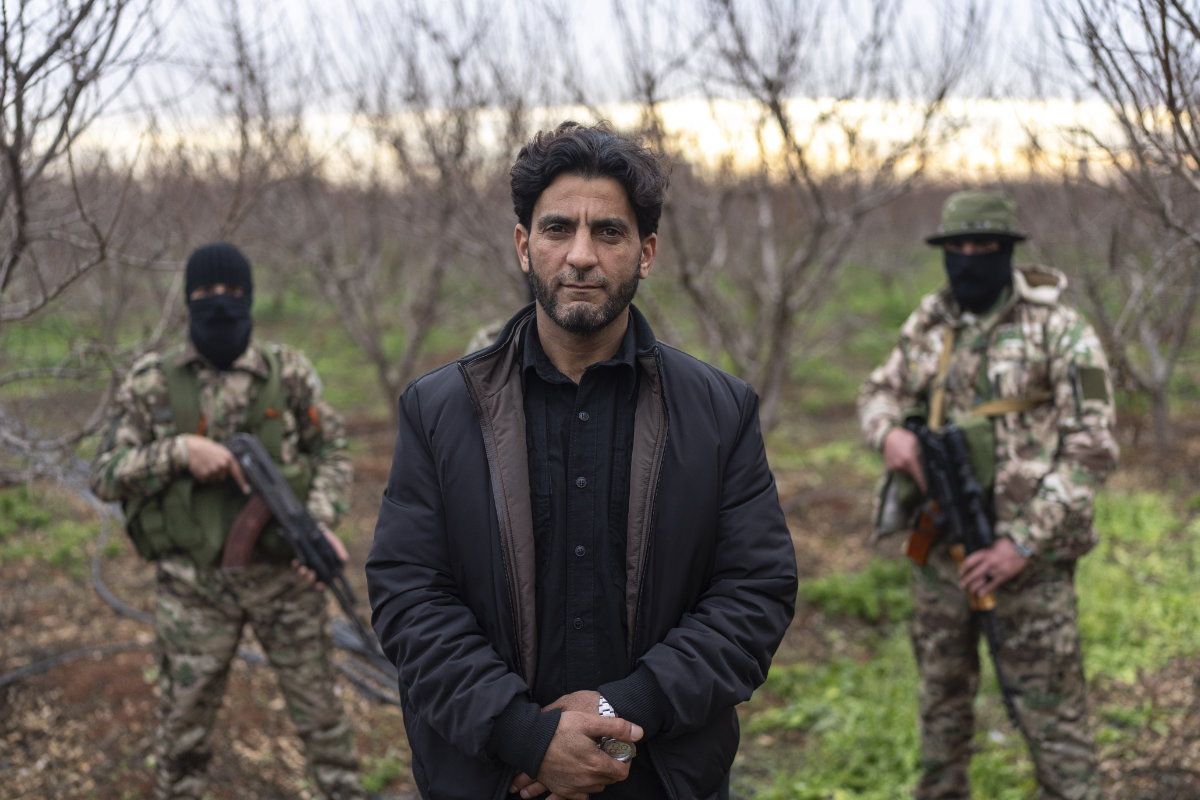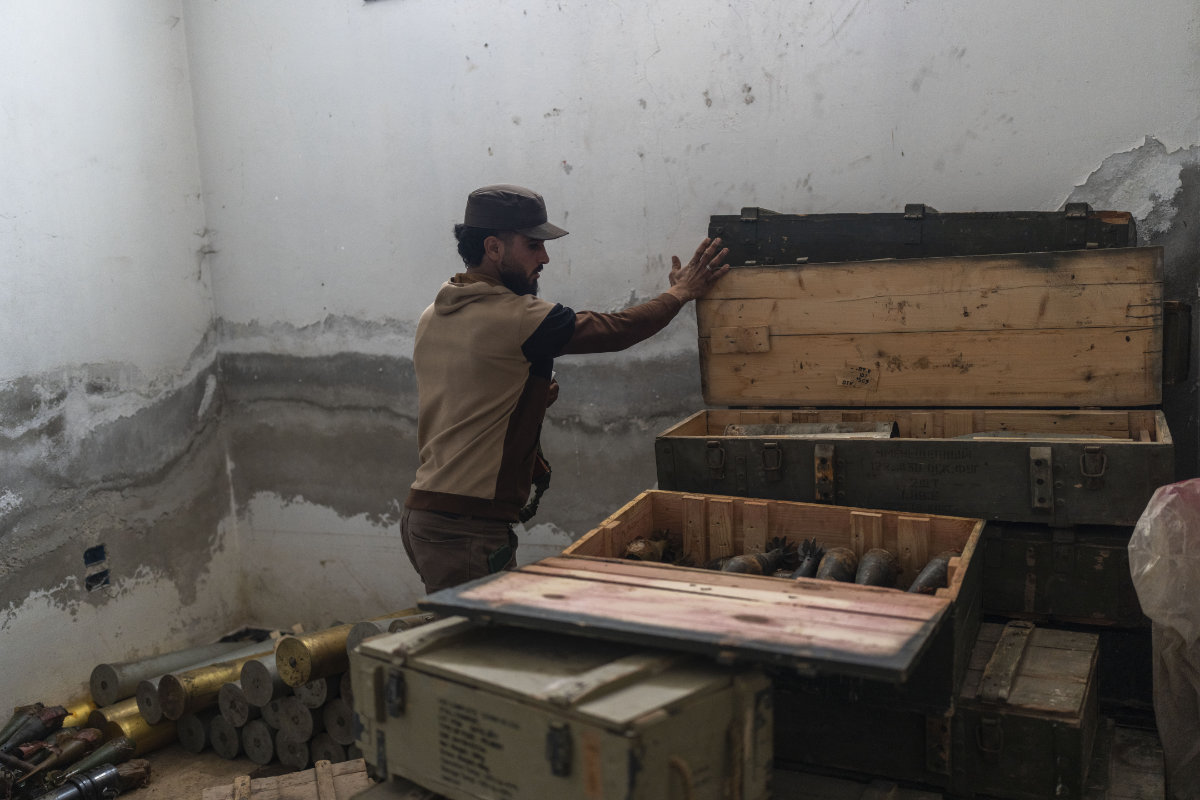BEIRUT: The Israeli army expanded its airstrikes on neighborhoods in the southern suburbs of Beirut on Wednesday, as part of a relentless campaign that has continued day and night over the past 48 hours.
Israel’s policy of maximum pressure against Hezbollah, targeting displaced individuals from the south and the Bekaa Valley, has increasingly resulted in mass fatalities.
Egypt’s foreign minister, Badr Abdel Atti, said during a visit to Beirut on Wednesday that “the current priority is to achieve a ceasefire and halt the Israeli aggression.”
He stressed “the importance of preserving Lebanese state institutions, particularly the presidency, and the necessity of selecting a consensus president for Lebanon, one who is supported by all Lebanese sects and the entire Lebanese populace.”
The office of president has been vacant since Michel Aoun’s term ended in October 2022, as rival political factions have been unable to agree on a successor.
Abdel Atti said: “The resolution of the presidential vacancy should not be a precondition for the cessation of hostilities. It must be a national issue (dealt with by) the Lebanese people.”
During his visit, the minister held long talks with Lebanese officials, the commander of the Lebanese Army, and the grand mufti.
Meanwhile, Israeli airstrikes on the suburbs of Beirut on Tuesday night and throughout the day on Wednesday caused significant damage that reportedly altered the very landscape of several neighborhoods.
The most recent attacks struck several suburban areas of the city, including Ghobeiry, Haret Hreik, Bir Al-Abed, and Lailaki. A medical center in Haret Hreik that contained clinics and laboratories was among the buildings completely destroyed. Even cemeteries serving both the Sunni and Shiite communities have been hit, and the Musharrafieh area was targeted for the first time.
The Tayouneh roundabout, marking the border between Beirut and Shiyah, has become an impromptu refugee camp. Residents gather there after being forced from homes they had only recently reluctantly returned to after previous Israeli attacks. Many have exhausted their life savings on temporary accommodation after finding government shelters filled to capacity.
Throughout the day on Wednesday, evacuation warnings issued by Israeli military spokesperson Avichai Adraei sent families fleeing. The realities of the escalating humanitarian crisis were revealed in the resulting scenes: mothers pushing young children in strollers to safety; young men carrying disabled siblings; and entire families seeking refuge in grassy areas where the Lebanese Civil Defense has established emergency shelters.
People endure hours of waiting in fear as the ground and buildings shake from airstrikes, and the pressure waves caused by the explosions spread panic. There have also been reports of strange chemical odors causing respiratory distress.
“Although the Israeli maps (for military action) do not include my house or its vicinity, who can trust the enemy’s plans?” said Fatima, who fled her home in Shiyah and went to the roundabout camp with elderly neighbors.
“Staying home under these Israeli missiles, which exceed human endurance, is madness.”
This feeling of distrust in Israeli evacuation orders appears justified, as some strikes reportedly hit areas considered safe, including locations outside the southern suburbs, with no warning.
A dawn raid on Wednesday struck Aramoun in Aley district, a densely populated area in which numerous displaced families were sheltering. The attack, which destroyed the first and second floors of a residential building, left eight people dead and 18 wounded, some of them critically. Civil Defense and Red Cross teams worked throughout the day to rescue survivors and recover the remains of the dead from the rubble and a nearby valley. Several children were reported missing.
Earlier, an airstrike on a residential building in Joun, in Chouf region, killed 16 civilians, including eight women and four children, and injured 12. Civil Defense teams later recovered a child’s body and the unidentifiable remains of two other people from the rubble.
Israeli raids also targeted several towns in the deep south of Lebanon, destroying houses, shops and other buildings, and the surrounding areas. Meanwhile, Hezbollah continues to target Israeli settlements in northern Israel.
Humanitarian flights carrying aid from Arab nations for displaced people continue to arrive at Beirut’s Rafic Hariri International Airport. They included the 23rd delivery of aid from Saudi Arabia, which contained food and medical supplies. A similar cargo arrived on an Egyptian plane, which also brought the country’s foreign minister, Abdel Atti, for his meetings with officials in the capital.
The Israeli army said on Wednesday it had intercepted “two drones that infiltrated into northern Israel from Lebanon.”
Israeli media reported “a tragedy in Lebanon, as seven soldiers of the Golani Brigade were killed following the collapse of a building in a village in southern Lebanon.”























